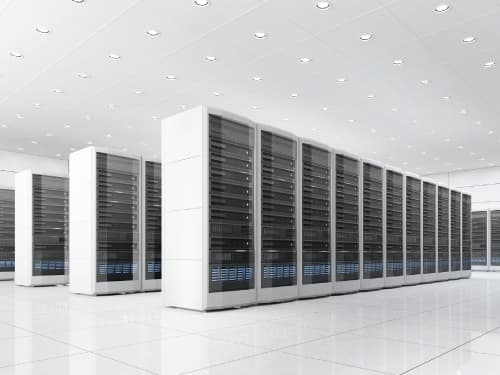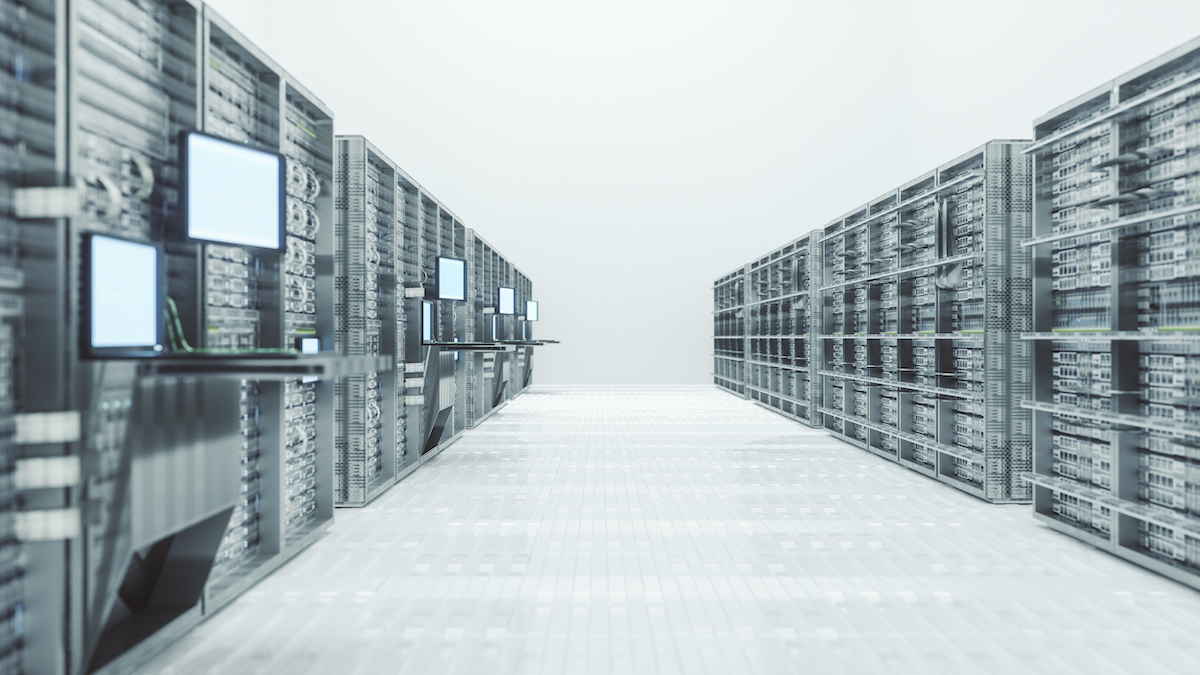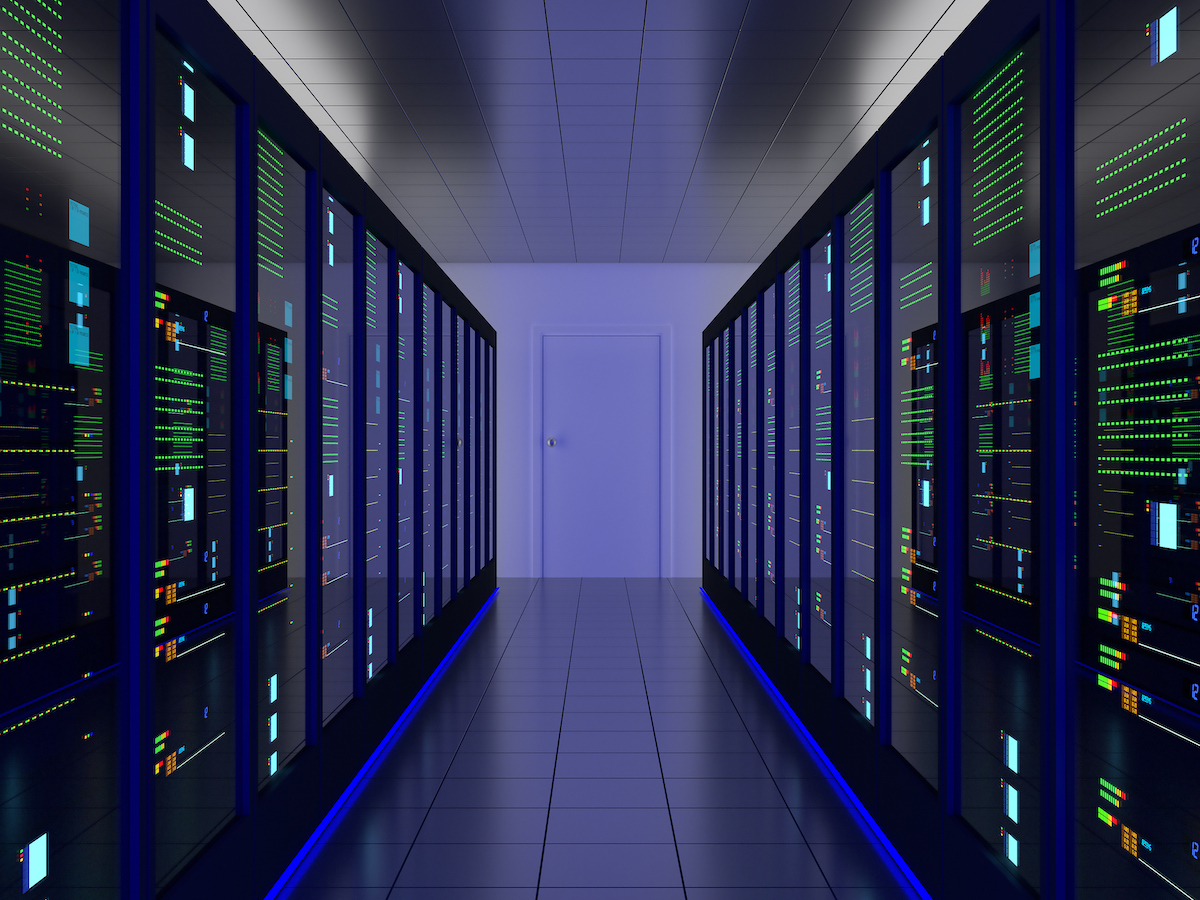5 Factors to Consider When Thinking About Colocation

Thanks to cloud computing, the Internet of Things (IoT) and the vast amounts of data being produced, backed up and stored, organizations are finding they need to rethink their data center strategies. The solution for many is outsourcing these operations to a colocation provider.
Trends Behind the Move
Colocation, the practice of renting or outsourcing space for servers and other hardware, has been used for years primarily as an approach to managing backup and data recovery. While colocation continues to serve these purposes, the addition of hundreds if not thousands of endpoints connecting to networks is making it more difficult to meet the peaks and valleys of access demand. In response, organizations are also adopting colocation as a means to scale to dynamic data needs.
Colocation also adds a level of security against outages or specific attacks like Distributed Denial of Service (DDoS). By spreading data across colocation centers in different parts of the country or world decreases the risk of downtime.
Finally, growth in technologies like artificial intelligence and machine learning require increased computing power. Colocation allows companies to gain that power at a more manageable cost.
Key Considerations
Before taking the jump into colocation, there are five important factors to consider. They include:
- Management. What types of management services will the data center provide? How much technical and onsite support will your organization need? How does the experience of your internal IT staff mesh with the management offerings from the data center?
- Location. How often will you need to visit the colocation site? What in-person tasks will be required? Do you want a site that is within easy distance or do you prefer sites in different regions?
- Space. Do you know how much data center real estate you’ll need immediately? Will you be able to expand in that same location or are you locked into a specific amount of space? Will the amount of space available meet your computing needs?
- Cost. Everything comes down to money, and your colocation site budget should include the number of server cabinets you’ll need, bandwidth, power usage charges, and IP addresses, as well as technical support charges.
- Security. This includes both cybersecurity and physical security. Who has access to the servers outside of your organization? What does the building security look like and is the building open for staff and visitors around the clock? Is there security personnel on site at all times and what type of authentication methods are used to vet anyone with access to the facility? Who is responsible for securing the data itself and what happens if there is a breach?
Finding the Right Solution
As more data is collected and more devices connect to networks behind the firewall, having a colocation solution with purpose-built, concurrently maintainable data center facilities is a necessity. The right solution will be fortified for maximum performance, offer a single point of accountability and be tailored for individual companies.
The future of the data center is changing as organizations require more powerful computing and more modern data infrastructures. Far from a one-size-fits-all solution, colocation needs to be approached as a strategy aligned with your budget and security priorities.
Download our Ultimate Colocation Buyer’s Guide for additional guidance on key colocation decision considerations.
Additional Resources:



